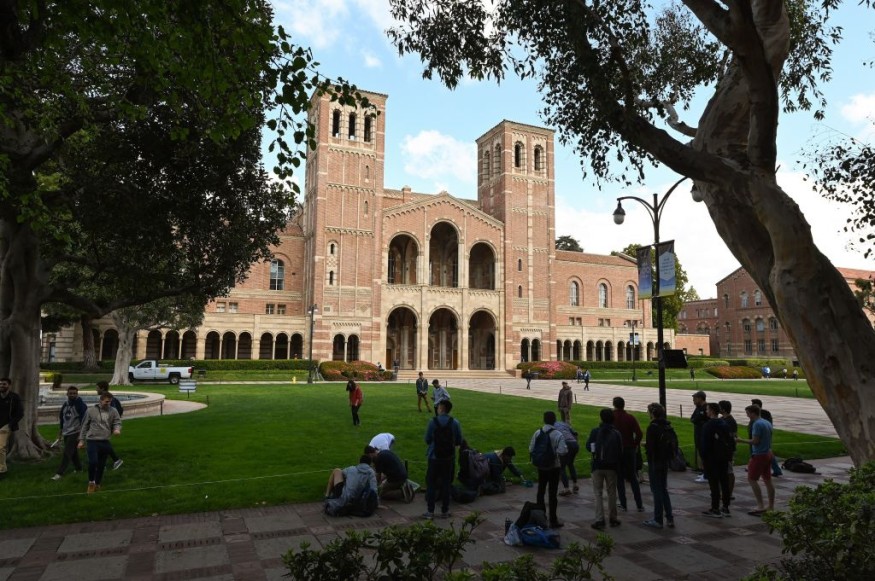Researchers from UCLA studied the dark-eyed juncos roaming around the campus, and discovered that the birds have become less fearful of humans after the COVID-19 pandemic lockdown.
The COVID-19 pandemic caused lockdowns to prevent the spread of the virus. With limited human activity, birds can freely fly anywhere without disturbances, including those in universities.
Recently, scientists from UCLA studied the dark-eyed juncos species at the university and how they adapted to humans.
The findings were published in the Proceedings of the Royal Society B journal.
The pandemic allowed researchers to understand how the birds could respond to humans after the lockdown.
According to the study, the findings can help researchers understand urban animals' responses to stressors amidst habitat loss.
Birds becoming less fearful after the pandemic

The researchers began observing the dark-eyed juncos with fieldwork in Southern California in 2017 and March 2020.
Dark-eyed juncos are small dark gray or brown birds that love to stay around trees and shrubs in forests, living in parts of the Appalachians, the Western U.S. and Canada.
In terms of feeding, the dark-eyed juncos can eat insects, including beetles, grasshoppers and caterpillars, as well as small berries and other seeds.
According to researcher Eleanor Diamant, they looked into how the 300 dark-eyed juncos could deal with humans after prolonged lockdowns. They also sought to answer if the birds would be fearful or become less afraid.
The results were unexpected because the birds became less fearful of humans after the COVID-19 pandemic.
Furthermore, the researchers observed that they could approach the birds more closely or at 39 inches. In 2022, they could only observe the birds about 65 inches.
Birds in urban areas or populated areas should be less fearful of daily human interactions, known as habituation. Once the birds are habituated, they could likely socialize with humans.
However, the researchers discovered a different result as the said birds did not change their behavior and became less afraid of people.
Also Read : Grey-Necked Rockfowl Suffers from Population Decline Due to Forest Cover Loss in Central Africa
Human and bird interactions
Humans and birds manage to interact with each other. Urban animals managed to live communities.
Researchers also raised concerns about the overexploitation and hunting of different bird species, which could likely impact their populations. Human-caused activities resulted in widespread habitat loss, wildfires and deforestation.
In a study published in Science Advances, the rapid expansion of commercializatios can cause widespread damage to animals.
Birds play a helpful role in the environment and biodiversity, especially for the forests and habitats.
Reports also showed that birds can help with seed dispersal, which can support the growth of plants and trees. They can also improve forests, keeping them healthy from possible insect attacks.
Furthermore, vultures help to clean rotting carcasses, acting as sanitation workers that reduce the risk of disease transmissions to other animals or humans.
Related Article : Purple-Crowned Fairy-Wrens Survival Endangered Due to Wildfires in Northern Australia
For more similar stories, don't forget to follow Nature World News.
© 2025 NatureWorldNews.com All rights reserved. Do not reproduce without permission.





